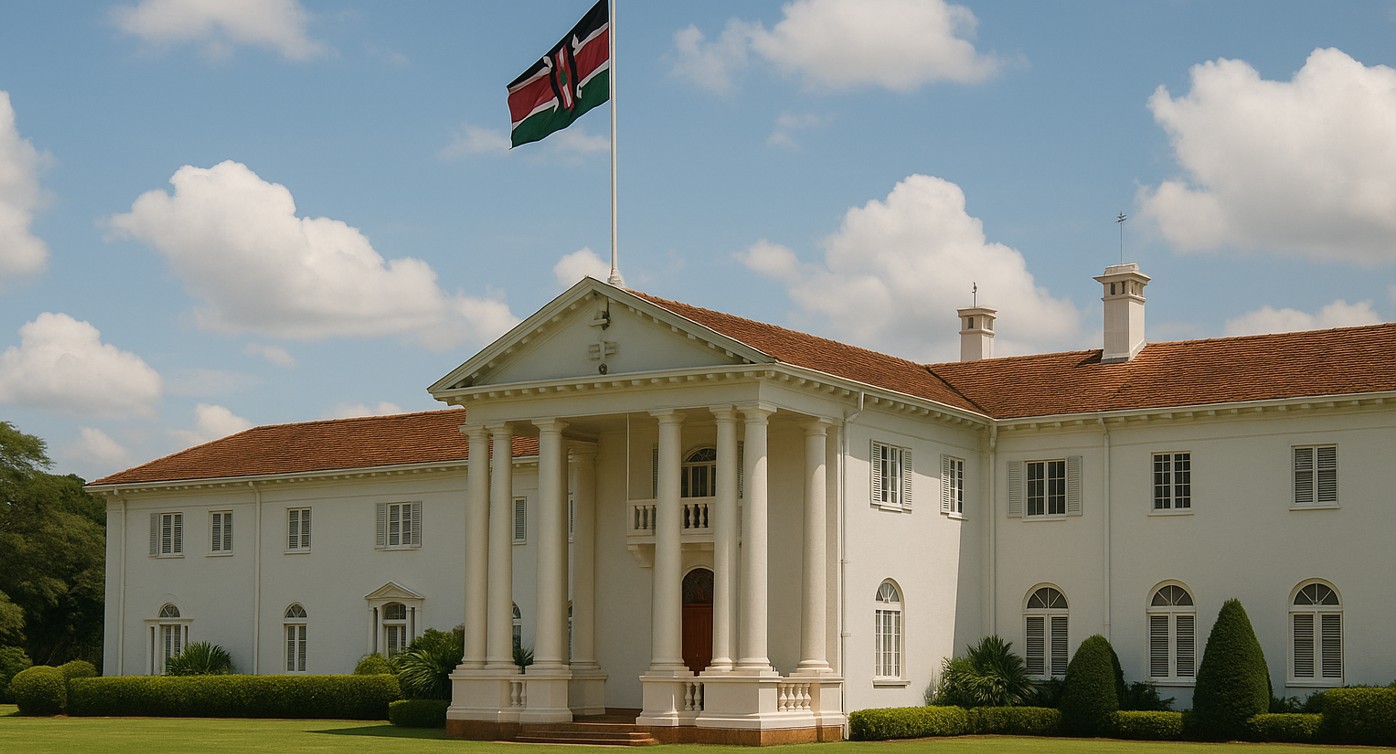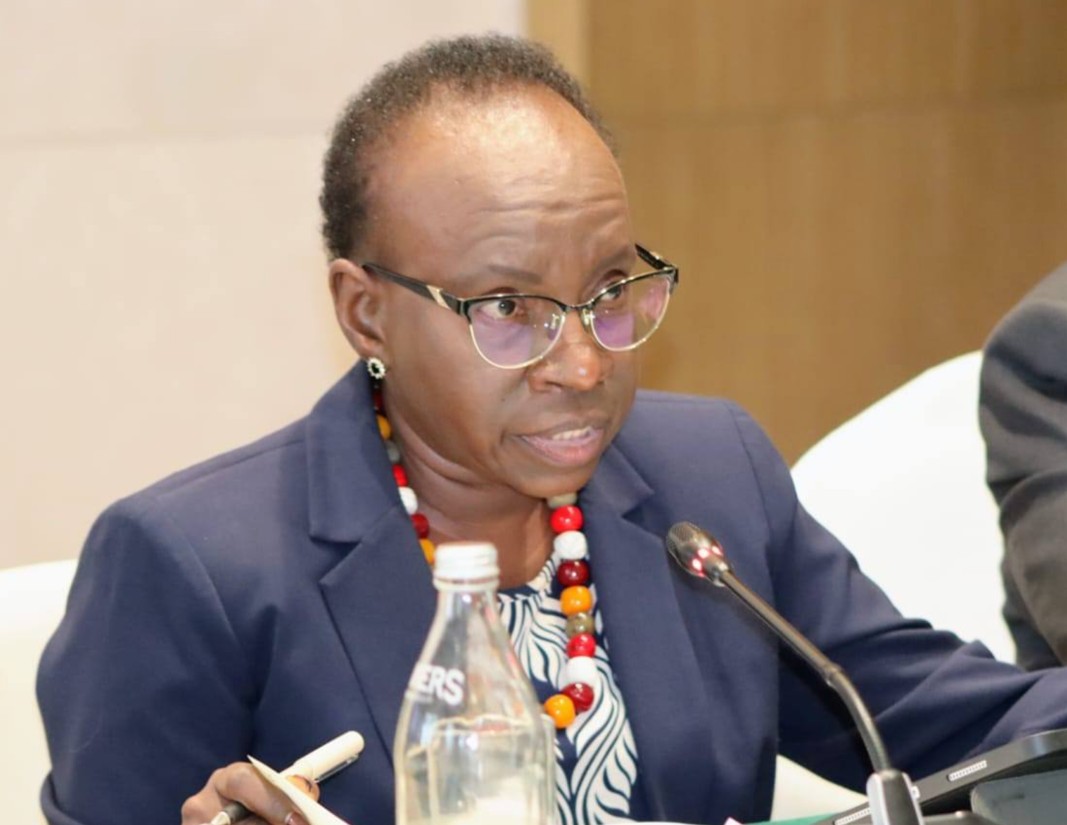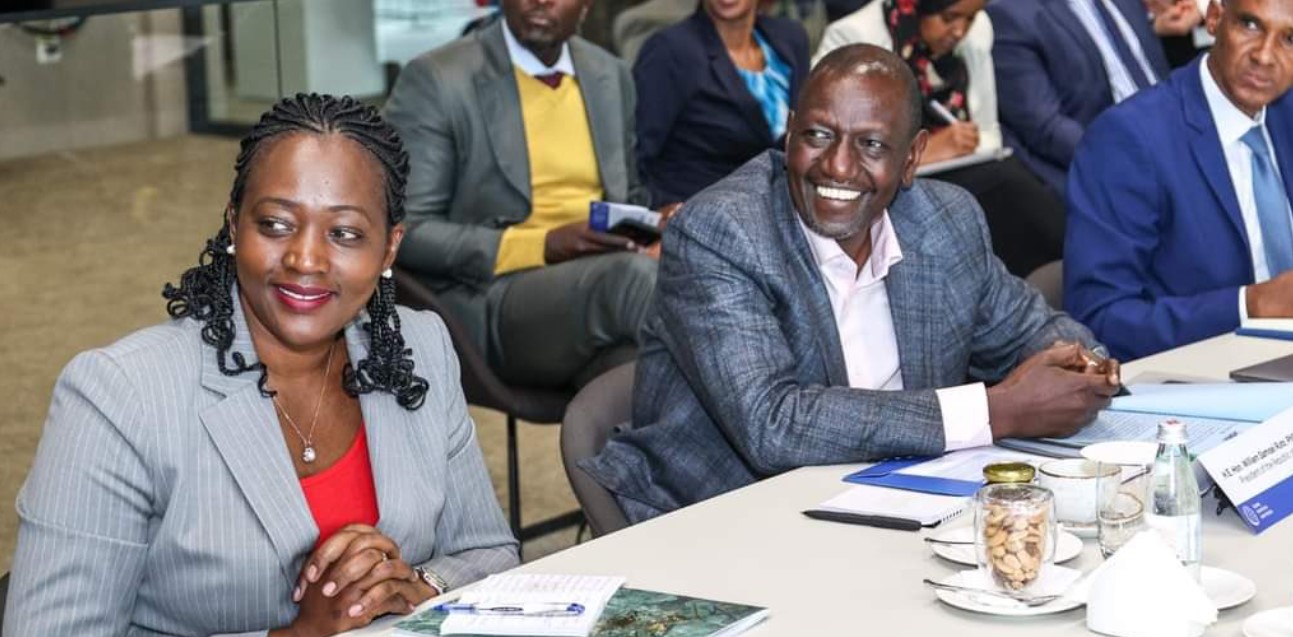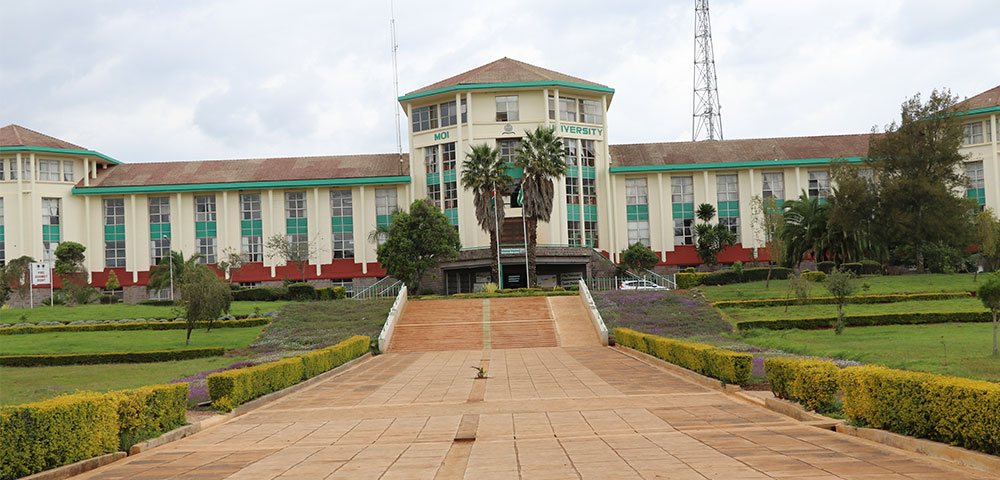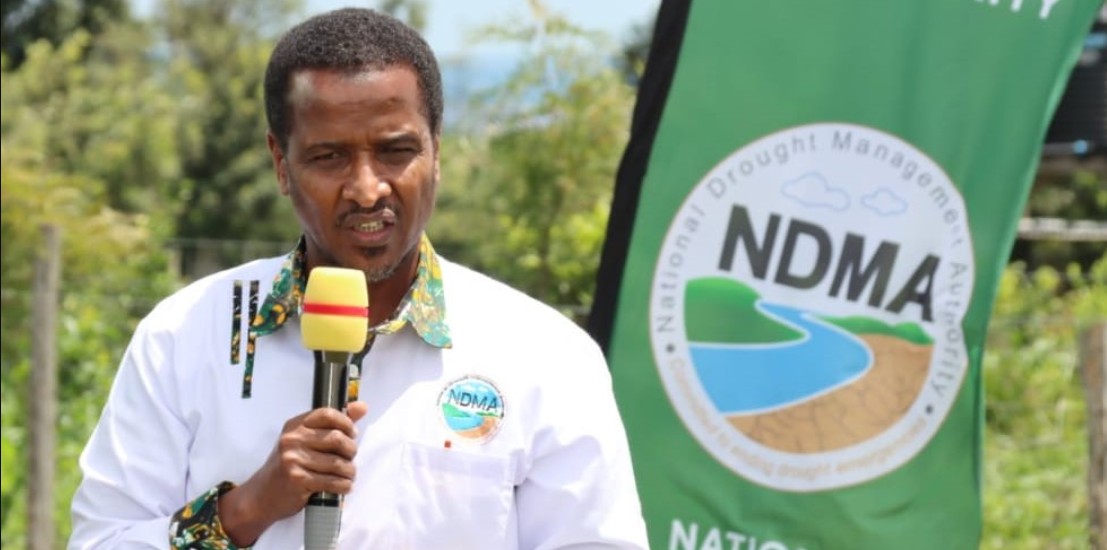Auditor General’s report prompts probe into Kenya School of Government finances
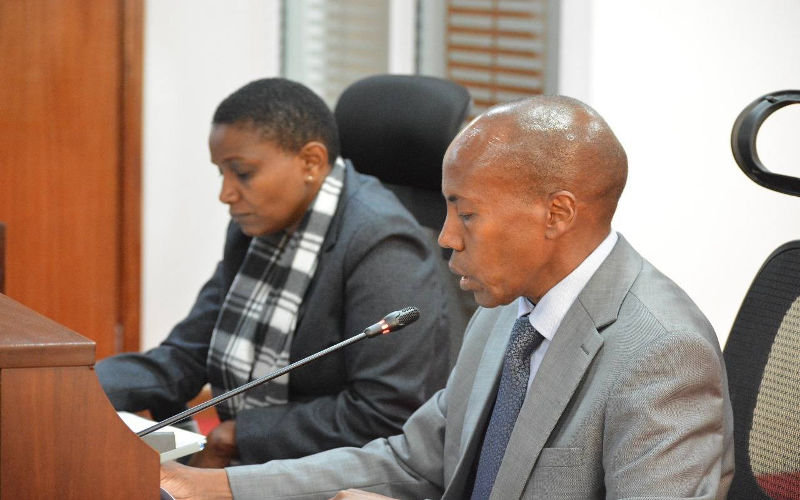
During the session at Bunge Towers on Thursday, Kwanza MP Ferdinand Wanyonyi raised concerns over the treatment of trade debtors, pointing out that no provision was made for potentially uncollectable debts.
The Kenya School of Government has come under scrutiny by the Public Investments Committee on Social Services, Administration and Agriculture, which questioned its handling of public resources following concerns flagged by the Auditor General.
The institution’s CEO, Professor Maklar Mohamed, appeared before the committee chaired by Navakholo MP Emmanuel Wangwe to respond to various audit issues relating to debts, imprests, and capital works.
More To Read
- How civil servants are illegally drawing salaries from both counties, National Government
- Auditor General flags Sh678 million losses at KNH from NHIF, Linda Mama contracts
- MPs demand full disclosure as Kenya School of Government faces repeated audit issues
- Bill proposes 10-year audits to hold governors accountable after leaving office
- Parastatals’ unchecked borrowing fuelliing Sh2.9 billion debt, Auditor General warns
- Audit exposes systemic procurement failures in stadium projects
During the session at Bunge Towers on Thursday, Kwanza MP Ferdinand Wanyonyi raised concerns over the treatment of trade debtors, pointing out that no provision was made for potentially uncollectable debts.
He questioned the institution’s reliance on commitment letters rather than upfront payments. In response, Prof. Mohamed explained that clients often submit commitment letters and promise to pay within the same financial year.
Attention also shifted to capital projects after it emerged that the Mombasa Customer Care building had been demolished.
Wangwe pressed the CEO to justify the decision and reveal the value lost. Prof. Mohamed said the structure was removed to pave the way for a parking lot and disclosed that it was valued at Sh809,000.
The committee also questioned delays in surrendering imprests issued to staff for official travel. Wangwe asked why the balances had not been cleared in good time and demanded the necessary journal entries for accountability.
Prof Mohamed said the imprests had been issued for official duties and that some employees had not surrendered their balances by June 30, but all outstanding amounts had now been entered into the institution’s imprest ledger.
Wanyonyi urged the institution to treat audit concerns with the seriousness they deserve. “Anything raised by the auditors, provide the documents. Prof, we have to live by that,” he said.
The committee emphasised that all supporting documents mentioned must be submitted promptly to ensure transparency and protect taxpayer funds.
Top Stories Today
